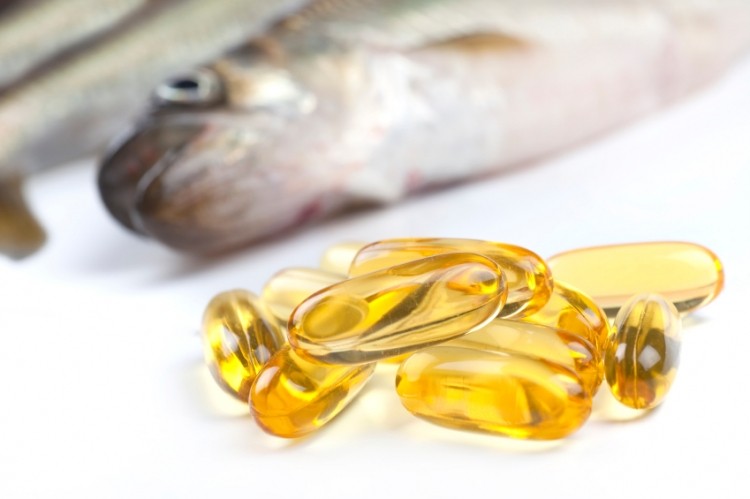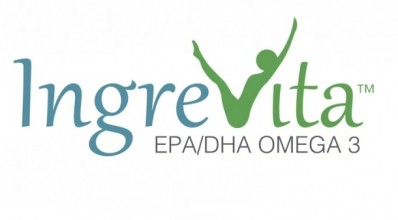FDA prohibition of omega-3 nutrient content claims ‘in no way reflects the well-substantiated benefits associated with EPA & DHA’, says GOED

Because the Federal Food, Drug & Cosmetic Act only allows for nutrient content claims for nutrients for which a reference level to which the claim refers has been set the FDA has finalized the rule to prohibit statements on the labels of food products and dietary supplements that claim the products are “high in” DHA or EPA, and synonyms such as “rich in” and “excellent source of”. The final rule similarly prohibits some such claims for ALA.
Commenting on the announcement, Harry Rice, PhD, VP of regulatory & scientific affairs for GOED, told us that the final rule is in no way reflects the well-substantiated benefits associated with EPA (eicosapentaenoic acid) and DHA (docosahexaenoic acid).
“In addition, it doesn't take into account that in the United States the mean adult intake of EPA+DHA from food and dietary supplements combined is 113 mg/day, a level far beneath global recommended intakes,” he added.
“This final rule is about correcting what FDA views as a statutory issue. By the time the final rule is effective (January 1, 2016), GOED is hopeful that a dietary reference intake review will have already commenced for EPA and DHA.”
Meeting the requirements of the FD&C Act
Nutrient levels can be set by the FDA by regulation, or alternatively in some situations, if the requirements of the Act have been met, such nutrient levels can be based on authoritative statements published by certain types of scientific bodies, such as the Institute of Medicine (IOM).
In 2004 and 2005, the Agency received notifications asserting that the IOM had issued authoritative statements that identified such nutrient levels for DHA, EPA, and ALA. However, FDA determined that the nutrient content claims for EPA and DHA did not meet the requirements of the Act.
“With respect to the two sets of nutrient content claims for ALA that were identified in the notifications (which differed in that each set identified a different nutrient level), FDA determined that one of these sets of claims did not meet the requirements of the Act,” stated the FDA. “The final rule therefore prohibits that set of claims. FDA is taking no regulatory action at this time with respect to the other set of nutrient content claims for ALA, which will therefore be allowed to remain on the market.”















